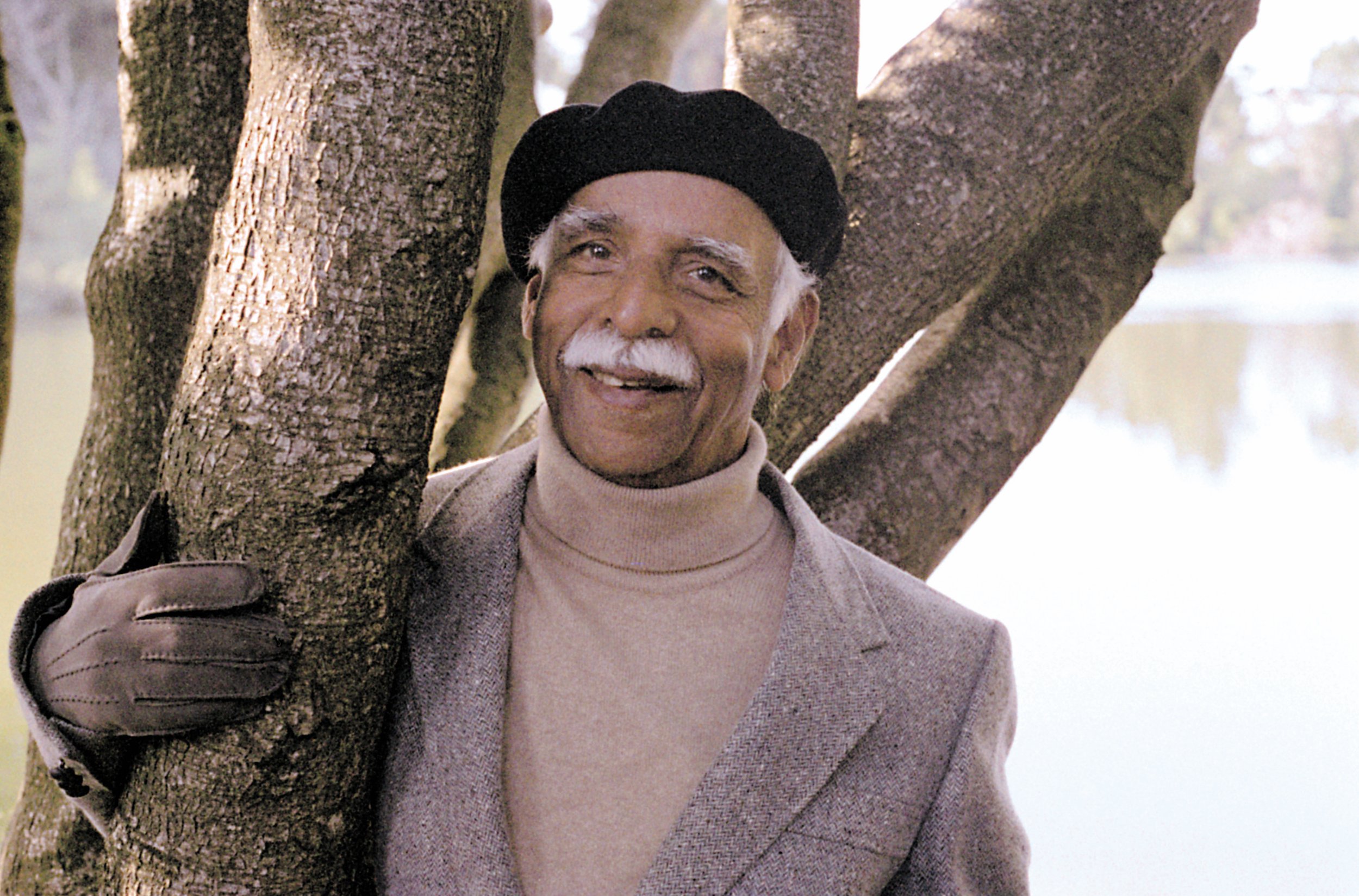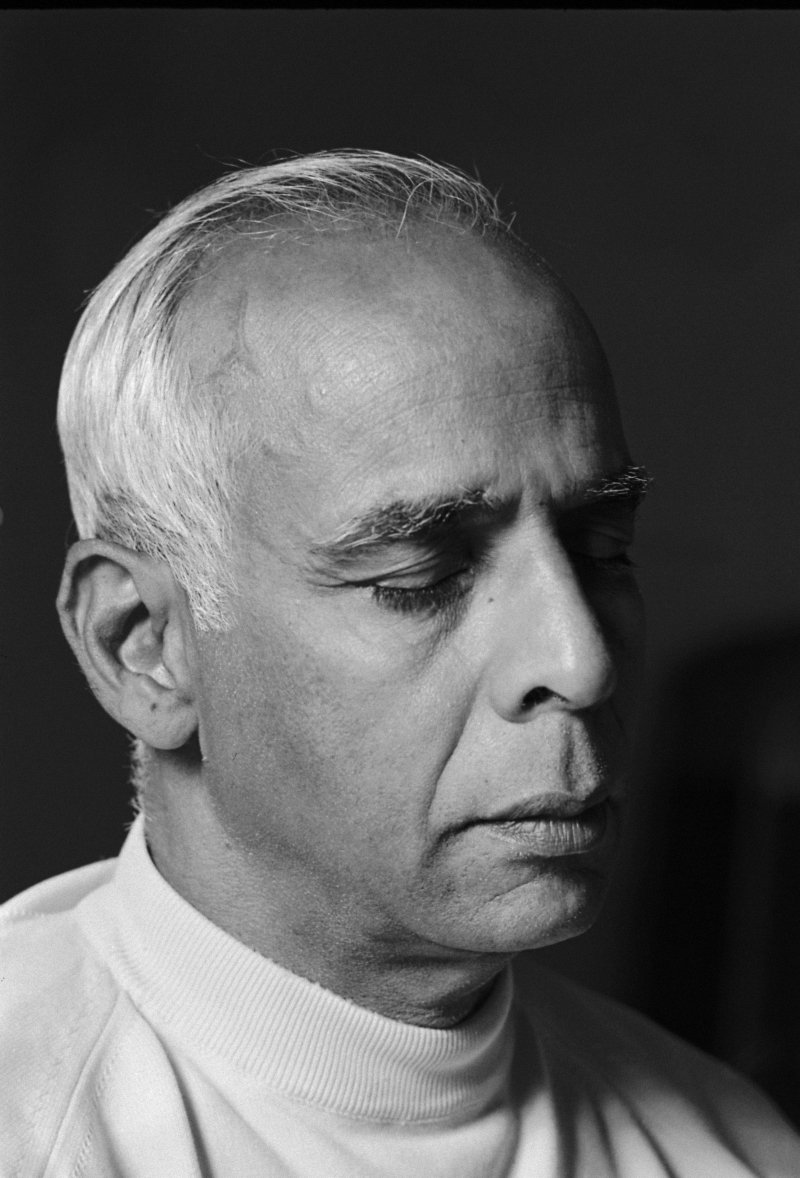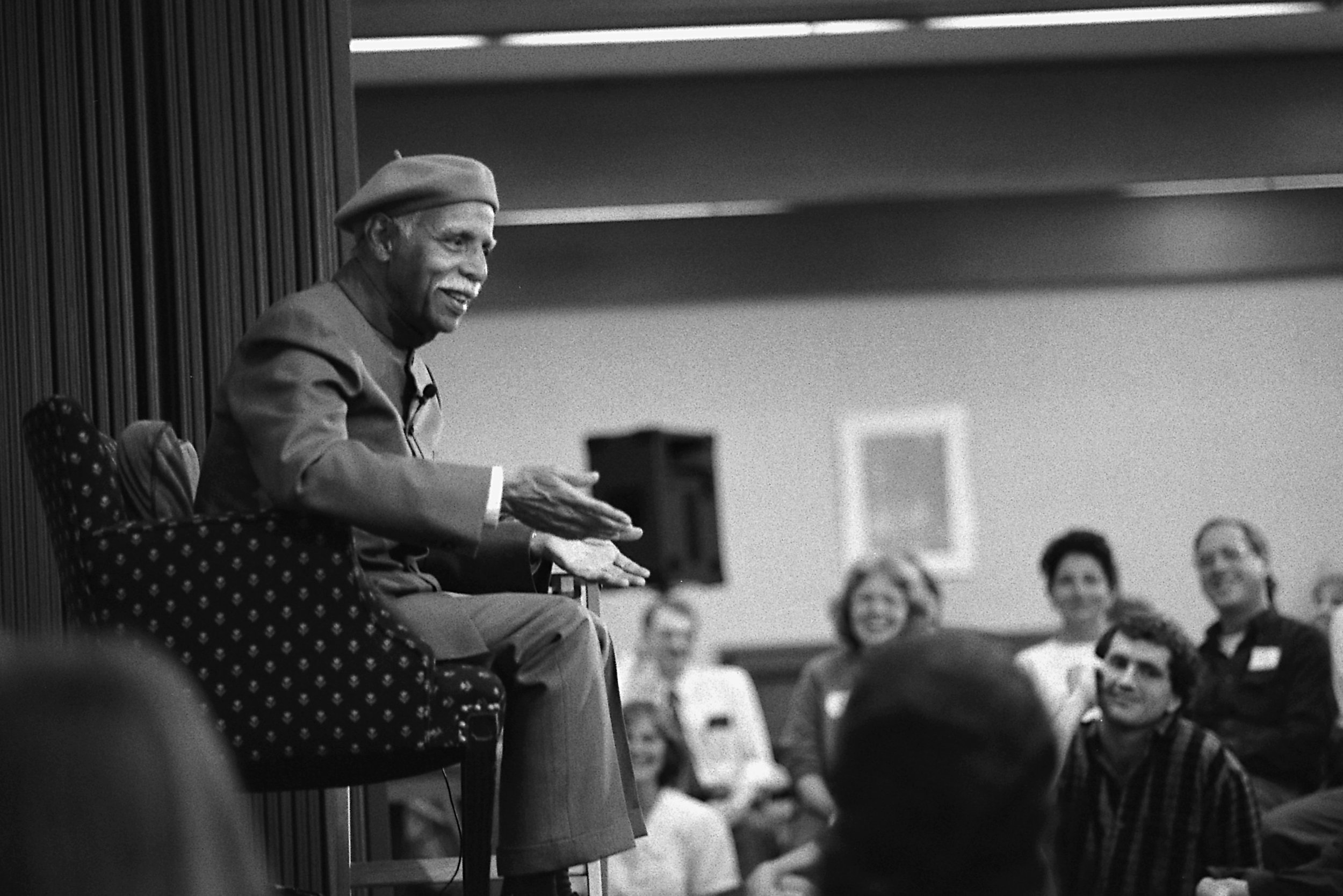This week we will begin studying the Spring 2015 Blue Mountain Journal Does Meditation Really Help the World? Here is how Christine Easwaran begins her introduction to the issue on page 2: “We are interrupting our coverage of Sri Eknath Easwaran’s Eight Point Program in response to an important question that has gained urgency in the last several months: In light of the terrible problems we see around us today, around the world, can our individual efforts at meditation really help?” Of course that question continues to be urgent today. Let’s begin our study by reading the rest of Christine’s introduction on page 2 (titled “In This Issue”), the brief statement from Easwaran on page 3 (titled “Meditation is Not a Luxury”), and the first few questions and answers from Easwaran in the journal’s main article, starting on page 5 and ending at the top of page 7.
Identify something in your life that you find confusing at this time, and where you wish you could ask Easwaran for his tips. See what he has to say in our readings. How can you apply his words to your situation?
Let’s practice extending our daily repetition of the mantram. This week, dedicate a specific hour per day for mantram focus. It might for example be between 7 and 8 a.m. while doing routine getting-ready-for-the-day activities, or during an afternoon walk and/or exercise time, or while gardening, or some other specific time. See if you can remember to use the mantram as frequently as possible during this whole hour.






















